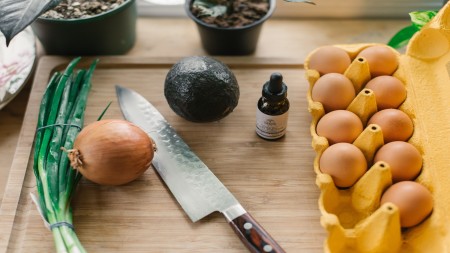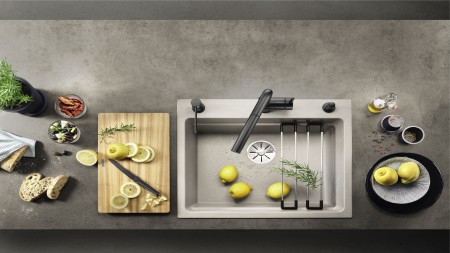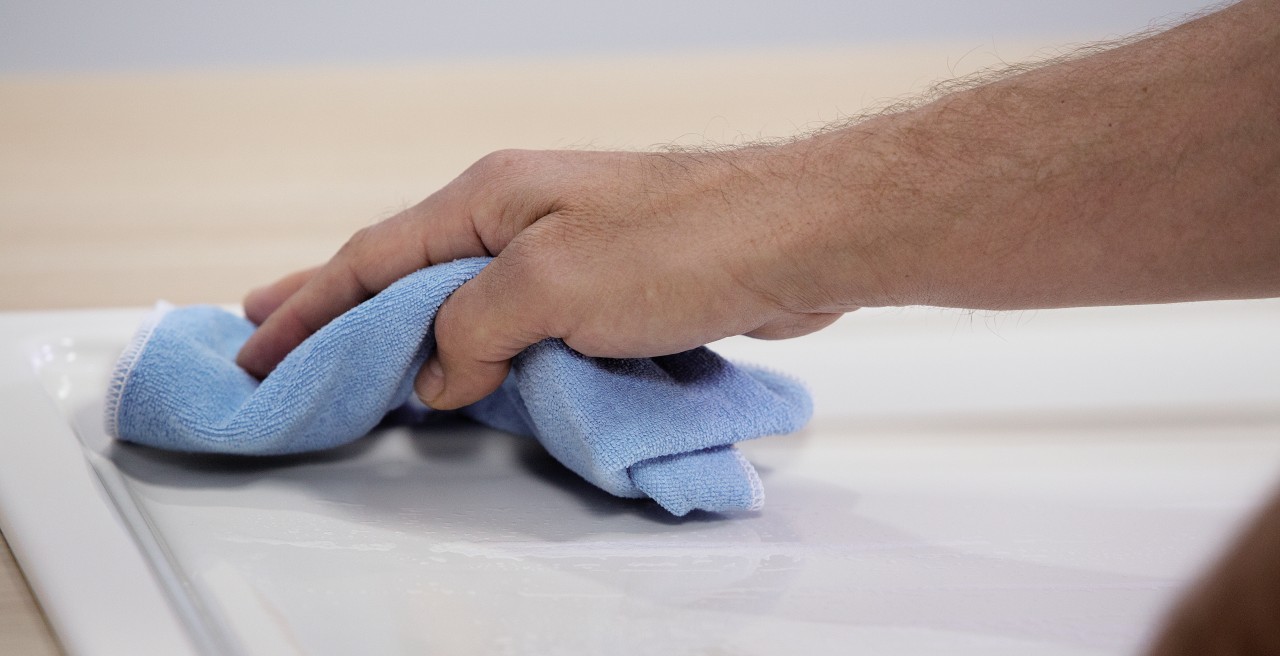When you’re using something every day, it’s easy, out of convenience, to be cleaning certain items incorrectly without realising you could be damaging them. We’re covering the most common items which are usually incorrectly cared for in a kitchen and how to best look after them to ensure they stay at their best, for longer.

Sharp knives
You should never wash sharp kitchen knives in a dishwasher. Both wooden handles and sharp blades can be damaged by high temperatures and the high amounts of cleaning detergent. It’s better to clean knives with washing-up liquid and warm water. Simply wipe the knife with a dishcloth and rinse it briefly with clean water to avoid aggressive marking and pitting of the surface.

Wine glasses and champagne flutes
You’ll often find that long-stemmed glasses do not fit into the dishwasher, in addition, the glass won’t end up looking sparkling clean after the first few times its been through the cycle. It’s better to wash high-quality wine glasses by hand: simply dip each glass into lukewarm water with a little washing-up liquid. Lipstick and slight traces of grease can be quickly removed with a cloth. The glasses should then be rinsed with clean water to remove the tang of the washing up liquid. If you want to get them particularly sparkling, you could polish the glasses with a lint-free linen cloth once they’re dry.

Wood and wooden boards
Wooden chopping boards, wooden cooking spoons and rolling pins should always be cleaned with hot soapy water. As a natural alternative, you could also use coarse sea salt and a little lemon juice for cleaning wood. Rubbing wood with this mixture has been proven to be effective, even in instances of discolouration. It is important always to let the cutting boards dry off properly, as most of the germs will be killed off if you deprive them of their moist breeding ground. If your wooden board needs a little more care, you can sand down the top later and saturate the board with food-safe oil after cleaning. After it has taken effect, you can rub off any excess oil with a cotton cloth.
-image-450w-253h.jpg)
Coated pans
Coated pans are usually easy to clean with a little water and a few drops of washing-up liquid. If that’s not enough, as some fat has become burnt in and black, under no circumstances should you use an abrasive sponge. Instead, put some dishwasher detergent in the pan and bring the mixture to a boil. Alternatively, you can remove stubborn marks with baking powder. Dissolve the baking powder in water and bring the mixture to a boil in the pan. After the mixture has been acting upon it for a couple of hours, you will be able to remove the burnt-in residues with ease. Another option is heating salt in the pan until it becomes brown. Then wipe everything out with a cloth.
